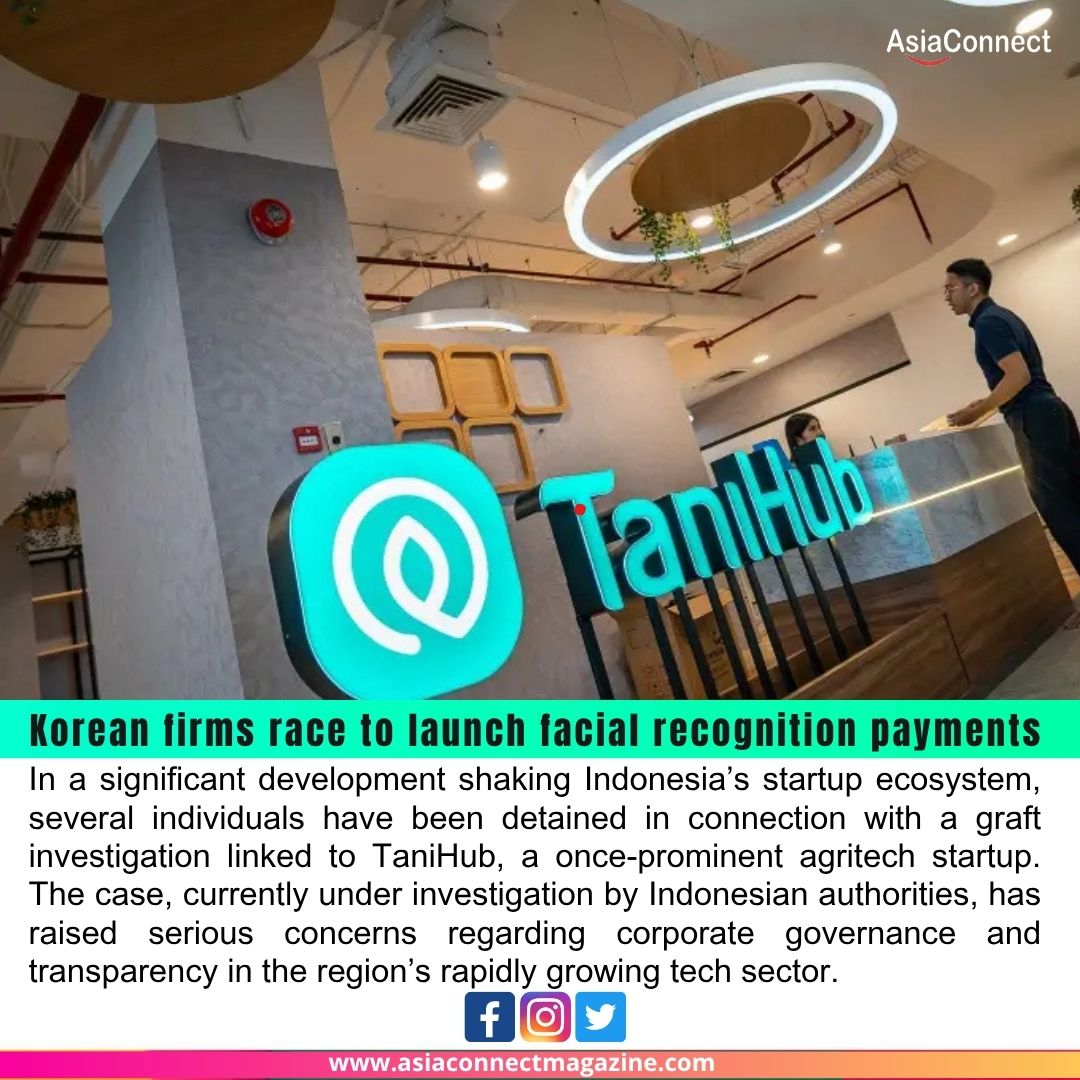In a significant development shaking Indonesia’s startup ecosystem, several individuals have been detained in connection with a graft investigation linked to TaniHub, a once-prominent agritech startup. The case, currently under investigation by Indonesian authorities, has raised serious concerns regarding corporate governance and transparency in the region’s rapidly growing tech sector.
According to reports, the probe is centered on alleged corruption and mismanagement of funds within TaniHub, particularly involving procurement contracts and internal operations. Although the identities of the detainees have not been publicly disclosed, sources close to the investigation have indicated that former executives and key personnel may be involved.
TaniHub, which was once hailed as a pioneer in digitizing Indonesia’s agricultural supply chain, has faced numerous operational and financial challenges in recent years. At its peak, the company received significant backing from several prominent investors, including MDI Ventures — the corporate venture capital arm of Telkom Indonesia.
In response to the ongoing investigation, MDI Ventures told Tech in Asia that it fully supports the legal process. A spokesperson from MDI stated, “We respect and support the ongoing investigation by the relevant authorities. We remain committed to promoting ethical and transparent business practices within our portfolio companies.” This statement marks the firm’s first public comment since the investigation came to light.
The unfolding scandal has sparked debate within Indonesia’s venture capital and startup communities about the need for stronger regulatory oversight, particularly in sectors dealing with public infrastructure and essential services like agriculture. Experts warn that without stricter compliance mechanisms, similar cases could arise, damaging investor confidence in Southeast Asia’s startup ecosystem.
While TaniHub has not issued an official statement regarding the detentions, insiders suggest the company is cooperating with authorities. The company previously underwent a restructuring process in 2022, which included laying off employees and refocusing its business strategy. However, the extent to which those measures addressed internal control weaknesses remains unclear.
The Indonesian Corruption Eradication Commission (KPK) has yet to provide detailed information about the charges but emphasized that it is committed to pursuing transparency and holding those responsible accountable. The agency noted that this case serves as a warning for companies operating in both the public and private sectors.
This high-profile graft case underscores the importance of due diligence and ethical practices in venture-backed startups. As the investigation continues, stakeholders across the tech and investment landscape are closely watching for updates. For MDI Ventures and other investors, the incident may serve as a pivotal moment to reevaluate portfolio governance, strengthen audit systems, and enhance oversight to prevent future issues.
As more details emerge, the broader impact on Indonesia’s agritech sector—and the venture capital firms that support it—will come into sharper focus. Until then, the industry waits to see how the TaniHub case unfolds and what lessons can be learned to avoid similar controversies in the future.





